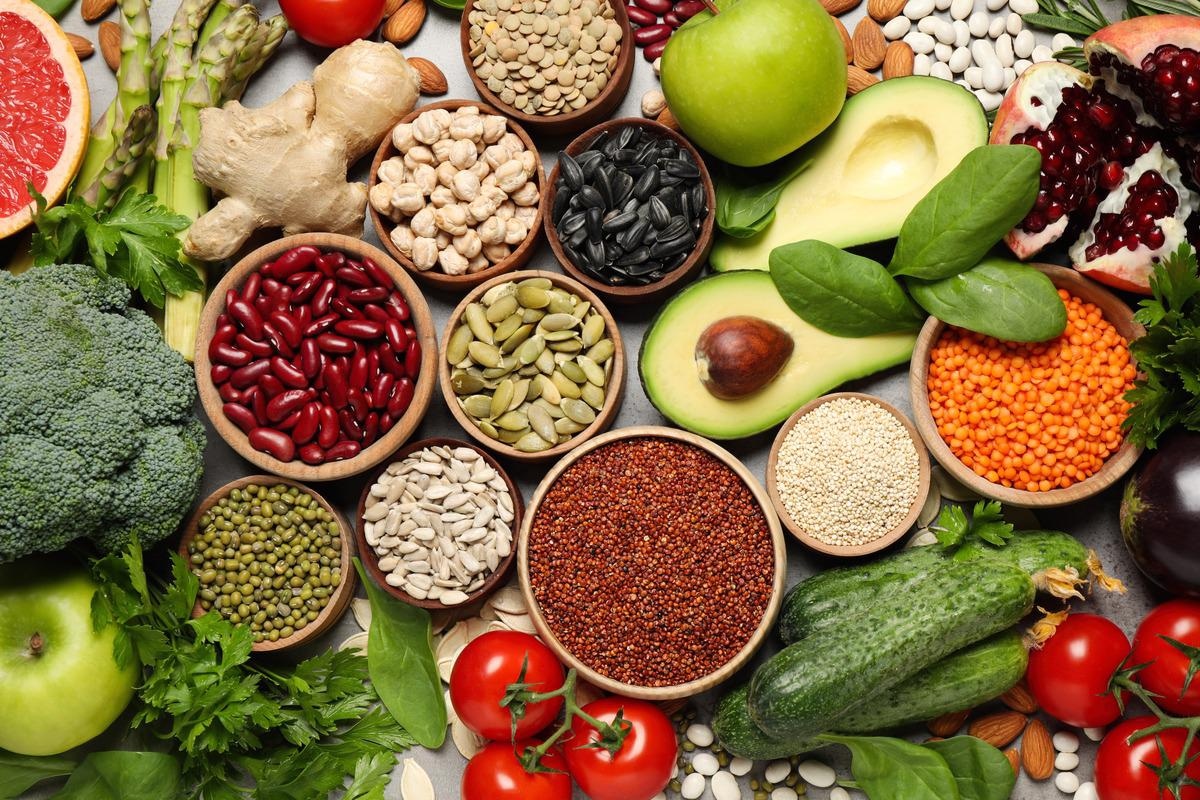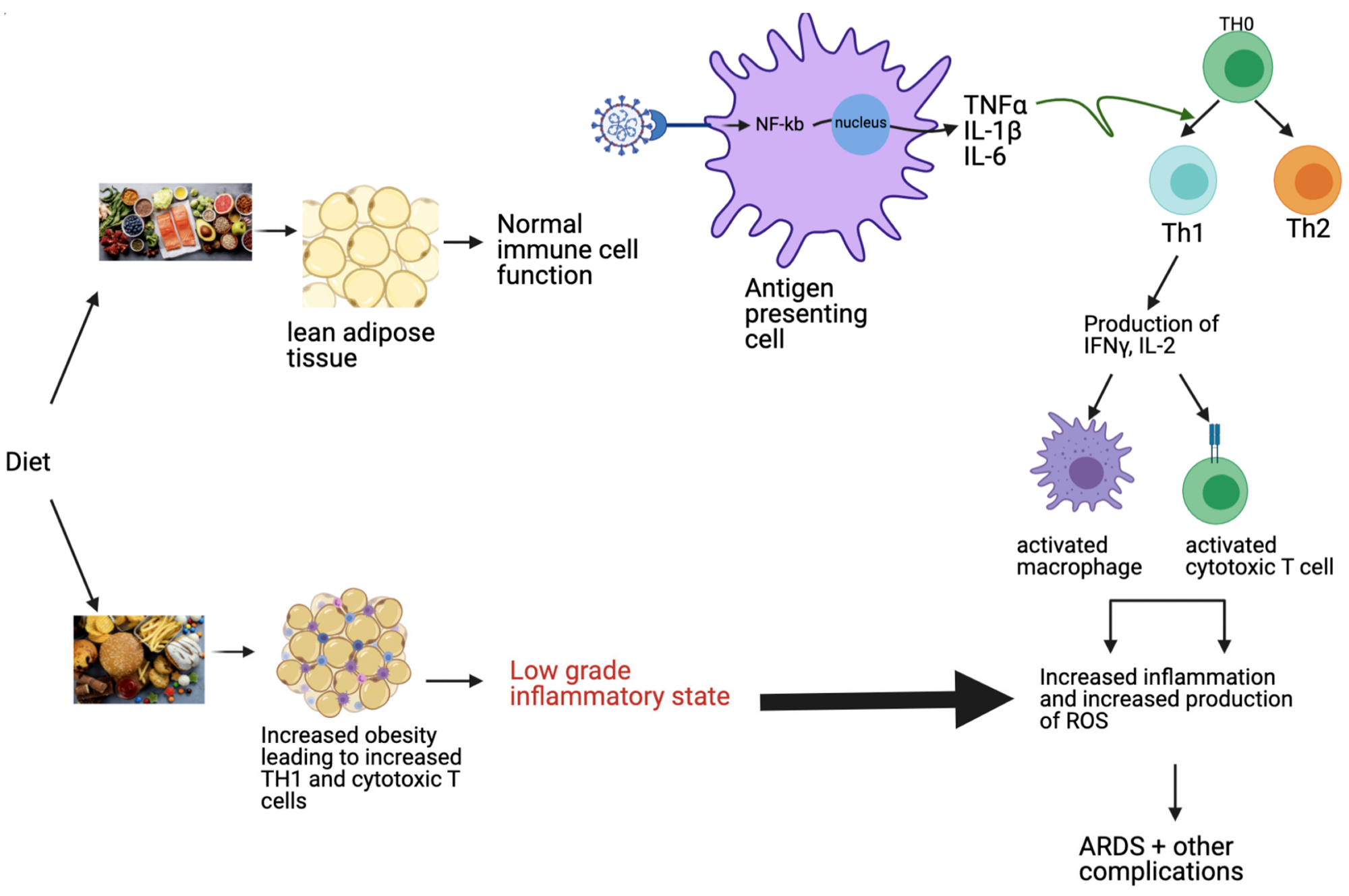The coronavirus disease 2019 (COVID-19) is a respiratory disease with a strong inflammatory component known as the cytokine storm that often occurs in individuals with severe disease. While many researchers are currently investigating treatments to prevent the cytokine storm, variations in diet can also significantly alter the risk of inflammation.

Study: Do Diet and Dietary Supplements Mitigate Clinical Outcomes in COVID-19? Image Credit: New Africa / Shutterstock.com
Mediterranean diet
Diet has been shown to be capable of reducing inflammation in individuals, which could potentially reduce susceptibility to severe COVID-19. In particular, the Mediterranean diet is associated with decreased insulin resistance, increased incretins, low blood pressure, and several other beneficial effects.
The foods and nutrients consumed in a Mediterranean diet result in an increase in polyphenols that can block pro-inflammatory cytokines. Additionally, this diet is rich in omega-3 fatty acids that can reduce levels of pro-inflammatory mediators. Many individuals who consume this diet have been shown to have increased levels of adiponectin, which has further anti-inflammatory effects.
 Proposed modulation of the immune pathway by diet. The Western diet, consisting of high fat, refined sugar, and saturated carbohydrates, leads to increased obesity, as well as an increase in TH1 and cytotoxic T cells, resulting in a low-grade inflammatory state. This inflammatory pathway is exacerbated in COVID-19 through the virus’s ability to increase pro-inflammatory cytokines, resulting in ARDS and other morbid complications. In contrast, the Mediterranean diet, consisting of fruits, vegetables, nuts, and fish maintains lean adipose tissue, contributing to a balanced immune system and absent or improved inflammatory state. Nuclear factor-kappa B (NF-kb), tumor necrosis factor-alpha (TNF-α), interleukin-1 beta (IL-1β); interleukin-6 (IL-6); interferon-gamma (IFNγ); interleukin-2 (IL-2); reactive oxygen species (ROS); acute respiratory distress syndrome (ARDS).
Proposed modulation of the immune pathway by diet. The Western diet, consisting of high fat, refined sugar, and saturated carbohydrates, leads to increased obesity, as well as an increase in TH1 and cytotoxic T cells, resulting in a low-grade inflammatory state. This inflammatory pathway is exacerbated in COVID-19 through the virus’s ability to increase pro-inflammatory cytokines, resulting in ARDS and other morbid complications. In contrast, the Mediterranean diet, consisting of fruits, vegetables, nuts, and fish maintains lean adipose tissue, contributing to a balanced immune system and absent or improved inflammatory state. Nuclear factor-kappa B (NF-kb), tumor necrosis factor-alpha (TNF-α), interleukin-1 beta (IL-1β); interleukin-6 (IL-6); interferon-gamma (IFNγ); interleukin-2 (IL-2); reactive oxygen species (ROS); acute respiratory distress syndrome (ARDS).
Vitamins
Vitamin D can act as an immunomodulator by increasing the production of defensin beta2 and cathelicidin antimicrobial peptides in immune cells that can help disrupt pathogen cell membranes. This vitamin has also been shown to inhibit TH1 cells, reduce levels of proinflammatory cytokines, and promote the formation of Treg cells that can prevent the body from entering the pro-inflammatory stage.
Previous studies have shown that supplementation of vitamin D can promote reduced severity of viral disease, as well as reduce the risk of acute respiratory infection. Individuals with low levels of vitamin D are more likely to test positive for COVID-19.
Vitamin C reduces the level of tumor necrosis factor α (TNF-α) and other pro-inflammatory cytokines. Notably, TNF-α has been implicated in the entry of SARS-CoV-2.
Increased vitamin C intake promotes the production of interleukin 10 (IL-10), further controlling inflammation, thus reducing the severity of disease and strengthening the lung epithelial barrier. Studies directly examining the role of vitamin C have shown contrasting results, with some concluding that there is no effect and others showing significant reductions in mortality and higher mean survival duration.
There are significantly fewer studies that have examined the role of vitamin E; however, one meta-analysis study suggested that high doses of this vitamin could increase the risk of mortality.
Glutathione
Glutathione (GSH) is an antioxidant that has been shown to inhibit nuclear factor κB (NF-κB) activation, thus reducing signaling that can increase inflammation. GSH is also highly present in the lining fluid of the lungs to protect epithelial cells.
N-acetylcysteine (NAC), which is the precursor to GSH, can also block NF-κB activation. COVID-19 patients have been shown to have significantly reduced concentrations of GSH, the levels of which have an indirect relationship with fever and duration of hospitalization. Larger studies have shown that while NAC cannot reduce short-term mortality due to COVID-19, it does reduce the duration of intensive care stay for patients with severe symptoms.
Zinc
Zinc deficiency can compromise the respiratory barrier due to the upregulation of interferon γ (IFN-γ) and TNF-α, while sufficient levels can maintain both Beta-catenin and E-cadherin. Zinc is also an immunomodulatory molecule and can prevent cytokine overproduction, thus helping prevent hyperimmune responses. This mineral is also able to directly inhibit viral replication.
Studies measuring the effect of zinc against SARS-CoV-2 have revealed an association between low plasma zinc levels and severe respiratory distress. Significant negative correlations have also been reported between serum zinc levels and C-reactive protein and IL-6, both of which are markers of inflammation. Notably, the combination of zinc with vitamin C has been shown to reduce the time needed for COVID-19 symptoms to subside.
Omega-3 fatty acids
Omega-3 fatty acids have long been known to affect immune modulation and can act as anti-inflammatory mediators. These compounds reduce inflammation through downregulation of the NF- κB pathway and are capable of reducing the production of IL-1.
Clinical trials investigating the effects of these acids against COVID-19 have shown significant improvement in several factors indicating health, as well as higher one-month survival rates. Notably, diets high in omega-3 fatty acids are associated with a significantly reduced risk of new organ failures, lower time on ventilation, and overall risk of mortality.
Conclusions
The current research indicates that nutritional status could play a considerable role in both the management and prevention of COVID-19. The anti-inflammatory effects of the Mediterranean diet, as well as early reports of the efficacy of certain vitamins, have the potential to prevent some of the most serious symptoms of COVID-19.
Journal reference:
- Singh, B., Eshaghian, E., Chuang, J., & Covasa, M. (2022). Do Diet and Dietary Supplements Mitigate Clinical Outcomes in COVID-19? Nutrients 14(9):1909. doi:10.3390/nu14091909.